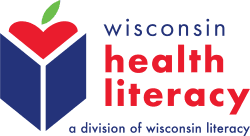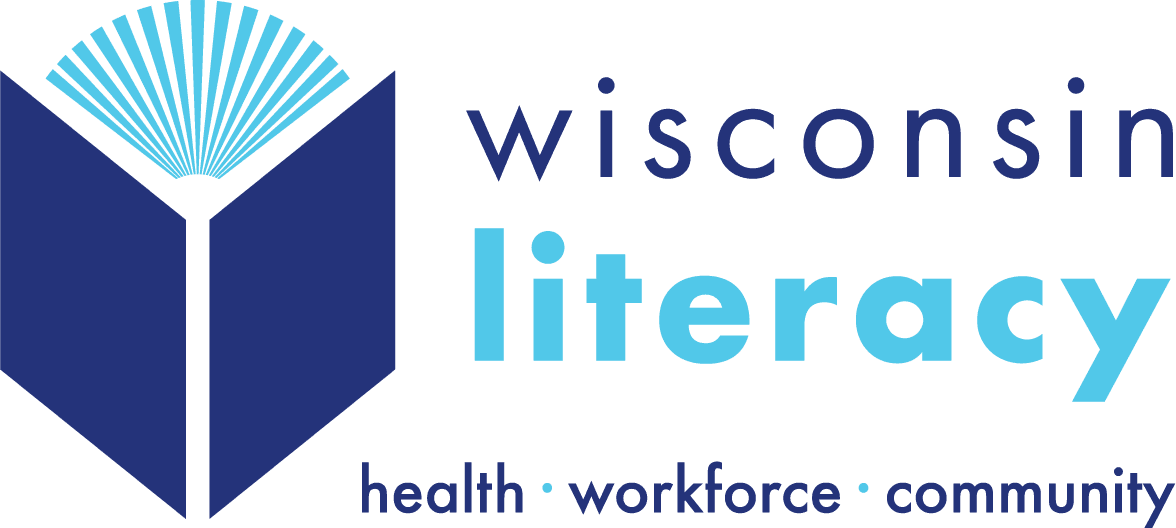Health Literacy Professional Development
The following topics can be delivered as presentations or as interactive sessions and can be customized for each organization. Interactive sessions include presentation material, large and small group activities, and time for discussion. They can be provided individually or packaged as desired.
- Health Literacy 101 (1 hour)
Participants will learn the importance of health literacy, the prevalence of low health literacy in America, and the connection between health literacy and health equity, and health outcomes. This session also introduces participants to health literacy best practices including plain language and teach-back. - Written Communication (1 hour)
This session introduces plain language and health literacy strategies to create readable, understandable, and actionable written materials. Practice and hands-on activities can be included. This module can be tailored to groups of health care professionals whose primary role is not related to communications or patient education, but who may need to occasionally develop materials or assess the suitability of materials they provide to patients. - Numeracy and Health (1 hour)
Participants learn about the prevalence of adults with numeracy challenges and how these can impact health care and health literacy. The session presents best and promising practices for reducing the numeracy burden placed on patients, family members and caregivers and providing support to ensure patient engagement and enhance informed decision-making - Health Insurance Literacy (1 hour)
Participants will learn the important role that health literacy plays in navigating insurance plans, from enrollment issues to challenges using insurance. The session provides strategies and tips to enhance health insurance literacy. - Age Friendly Conversations (1 hour)
Participants will learn why it is important to focus on health literacy in older adults. This session will include factors to consider when communicating with older adults such as differences in decision making, changes in cognition, vision, and hearing with strategies to improve conversations.

